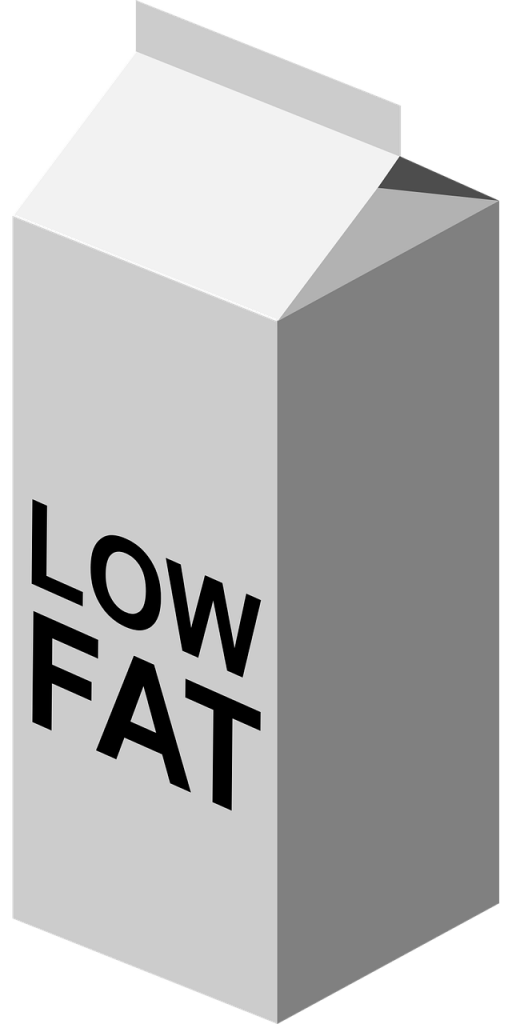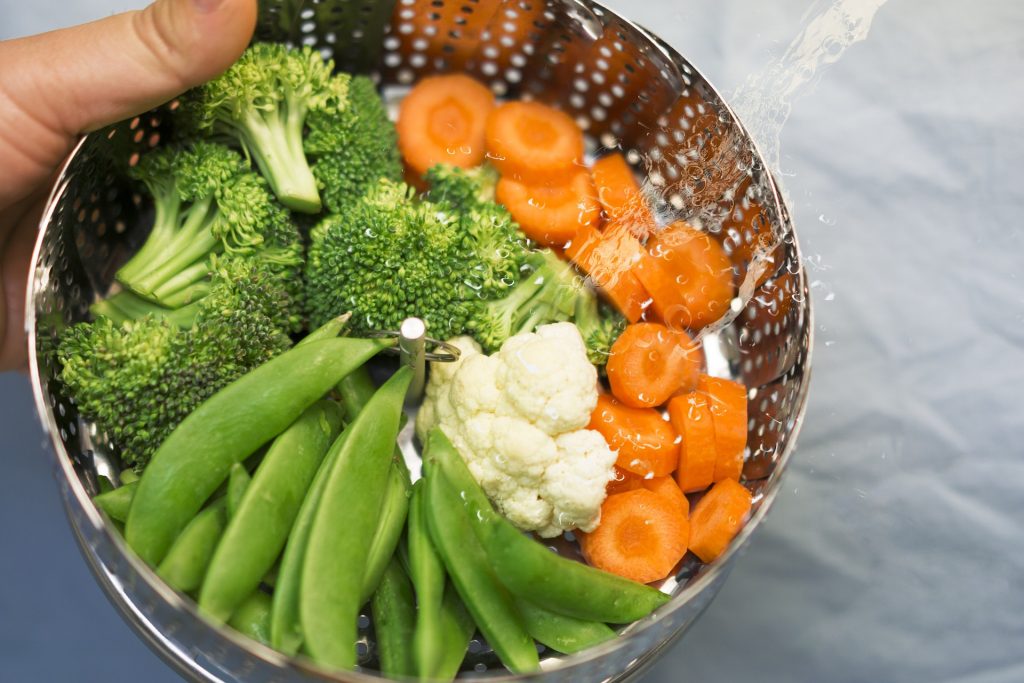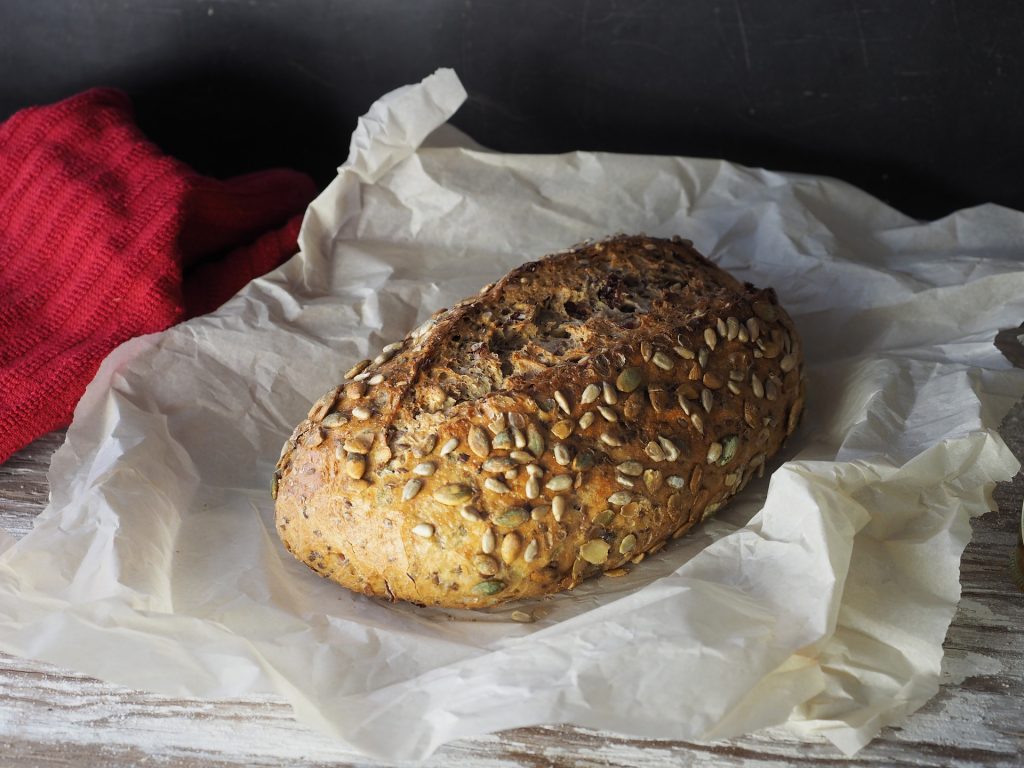We continue with a discussion on heart health during September, last week we looked at atherosclerosis and the importance of cholesterol. This week we are discussing healthy life choices, dieting, and some myths related to diets.

Healthy Lifestyle Choices
Research has found that – eating a balanced diet rich in organic fruit and vegetables, leaner meats and
Whether that diet is rich in fats, protein-rich or carb-rich matters less for cardiovascular health, as long as it contains a healthy balance. The quality of foods matters more than focusing on any specific macronutrients.
A study examined the cardiovascular health impacts of the three main components of our diets– fat, carbohydrates, and protein — called macronutrients.
The results of
One possible explanation is that the impact of diet on cardiac injury is fast and so the injury decreases rapidly after introducing a healthy diet. Dr. Stephen Juraschek, a study co-author, said:
Our findings support flexibility in food selection for people attempting to eat a healthier diet and should make it easier. With the average person eating fewer than two servings of fruit and vegetables a day, the typical American diet is quite different from any of these diets, which all included at least four to six servings of fruits and vegetables a day.”
“There are multiple debates about dietary carbs and fat, but the message from our data is clear: eating a balanced diet rich in fruits and vegetables, lean meats, and high infibre that is restricted in red meats, sugary beverages, and sweets, will not only improve cardiovascular risk factors but also reduce direct injury to the heart.”
YO-YO Dieting won’t do your Heart Any Favours
The more times you go on a yo-yo diet, the worse for your heart health. A lot of people struggle to maintain their ideal weight, but repeatedly losing and regaining pounds – known as YO-YO Dieting.
A new study found that women who lost at least 10 pounds, but then put that weight back on within a year, were more likely to have risk factors for heart disease. The more times someone went on a yo-yo diet, the worse their heart health.
Here are some myths related to diets and foods we eat.
Myth – A Low Fat Diet is Best

Low-fat diets are the currently popular trend – they’re pretty much good for nothing. While a low-fat diet may potentially give you fast results concerning weight loss, it can seriously mess up your health. To keep your body and cholesterol in check, bring back the butter and remember that not all saturated fats are created equal. Some may be harmful while others beneficial or completely neutral. It all depends on the type of food.
To reduce triglycerides and raise “good” cholesterol, go with a low-carb diet and the right cholesterol supplements like Rychol or Abana; lessen the intake of foods like white bread, potatoes, white rice, crackers, and sugar. Also, do remember that even though high cholesterol may be due to your diet, the most significant factor in cholesterol levels is INFLAMMATION.
Myth – Eggs are the Enemy

Start eating eggs again!!!! They only have a slight effect on blood cholesterol. It appears that even people with coronary heart disease can consume two eggs per day for six weeks without experiencing any adverse effects on their cholesterol levels. Eggs are also a good source of choline….which plays a role in memory, and antioxidants such as zeaxanthin and lutein which help prevent macular degeneration.
Heart Health – Some Tips To Ponder
Although you might know that eating certain foods can increase your heart disease risk, it’s often tough to change your eating habits. Whether you have years of unhealthy eating under your belt or you simply want to fine-tune your diet, here are eight heart-healthy diet tips. Once you know which foods to eat more of and which foods to limit, you’ll be on your way toward a heart-healthy diet.
1. Control Your Portion Size
How much you eat is just as important as what you eat. Overloading your plate, taking seconds and eating until you feel stuffed can lead to eating more calories than you should. Portions served in restaurants are often more than anyone needs.
2. Eat More Fresh Fruit & Vegetables

Load your plate with the fresh raw or steamed vegetables and avoid those swimming in creamy sauces, crumbed or deep-fried. Canned or dried/preserved fruits have loads of hidden sugars – so be sure to avoid these on the desert & snack menu (unless the fruits are organically sun-dried and not preserved in sugars or syrups.
3. Select Wholegrain Food

These are a source of natural healthy fibre and other nutrients that play a role in regulating blood pressure and heart health, not to say they don’t play an important role in gut health and the reduction of toxins. Whole grain Brown rice, barley, buckwheat, AVOID the glutens where possible, nut & seed based flours & organic rolled raw oats. AVOID the refined flours, cakes, pies & Pizza.
4. Healthy & Unhealthy Fats
Monitoring how much saturated and trans fats you eat is an important step to maintaining your blood cholesterol and lower your risk of coronary artery disease.
An easy way to add healthy fat (and
5. Choose Healthy Fat Protein Sources

Organic meat, poultry and fish, natural dairy products, and eggs are some of your best sources of protein. But be careful when choosing lower-fat options, such as skim milk rather than whole milk as there are many hidden sugars.
Fish is another good alternative and are rich in omega-3 fatty acids, which can lower blood fats called triglycerides. You’ll find the highest amounts of omega-3 fatty acids in cold-water fish, such as salmon, mackerel and herring. Other sources are flaxseed & walnuts.
Legumes — beans, peas, and lentils — also are good sources of protein and contain healthy fats making them good substitutes for meat.
6. Reduce The Salt
Eating a lot of salt (sodium) can contribute to high blood pressure, a risk factor for cardiovascular disease. Reducing sodium is an important part of a heart-healthy diet. Preferably the Natural salts – Himalayan type is best. Eating fresh foods and making your own soups and stews can reduce the amount of salt you eat.
7. Plan Ahead So Temptation is Less
You know what foods to feature in your heart-healthy diet and which ones to limit. Now it’s time to put your plans into action.
Create daily menus using the six strategies listed above. When selecting foods for each meal and snack, emphasize vegetables, fruits, and whole grains. Choose lean protein sources and healthy fats, and limit salty foods. Watch your portion sizes and add variety to your menu choices.
8. Allow Yourself The Occasional Treat

Allow yourself an indulgence every now and then. A few squares of dark chocolate, vegetable crisps or a nut-based flour pancake…. Gluten-free snack smart treats are in most stores today, just be sure to read the labels they won’t derail your heart-healthy diet. But don’t let it turn into an excuse for giving up on your healthy-eating plan. If overindulgence is the exception, rather than the rule, you’ll balance things out over the long term. What’s important is that you eat healthy foods most of the time.
Incorporate these eight tips into your life, and you’ll find that heart-healthy eating is both doable and enjoyable. With planning and a few simple substitutions, you can eat with your heart in mind.
BALANCED HEALING can provide S

